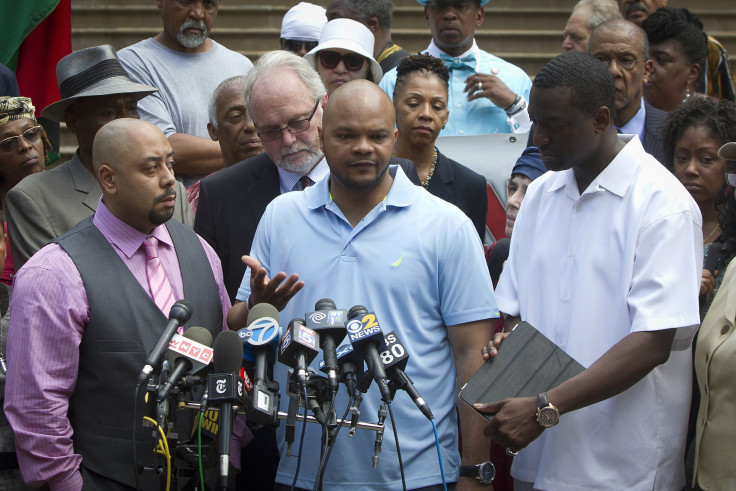Are The Courts Racist? Blacks Are Wrongfully Convicted Seven Times More Often Than Whites

African-American defendants are statistically seven times more likely to be wrongfully convicted of crimes than white defendants, according to a study released Tuesday.
The National Registry of Exonerations, a joint project run between the University of Michigan, Michigan State and University of California, Irvine, examined the cases of 1,900 people in the U.S. who were exonerated after being convicted of crimes between 1989 and October 2016. Researchers from the registry found that 47 percent of that group were African-Americans — a demographic that makes up just 13 percent of the U.S. population.
The study also discovered that African-Americans were 12 times as likely to be wrongfully convicted of drug crimes than white Americans. And while black defendants accounted for 40 percent of those found guilty of murder, they made up 50 percent of people wrongfully convicted for the crime.
Police and prosecutorial misconduct contributes to the disproportionate rate of wrongful convictions for black defendants, the study's authors said.
"In the murder cases we examined, the rate of official misconduct is considerably higher in cases where the defendant is African-American compared to cases where the defendant is white," Samuel Gross, a University of Michigan Law School professor and senior editor of the Registry, told Reuters.
The study found misconduct in 76 percent of cases that resulted in black murder defendants going to prison for crimes they did not commit, compared to just 65 percent of the cases in which white defendants were wrongfully convicted.
Researchers also learned that victims of sexual assault were more likely to misidentify their assailants in cases where the defendant was black. Misidentification can happen, for example, when a victim chooses the wrong suspect out of a police lineup.
These kinds of mistakes were much more likely to happen in sexual assault cases where the victim was white and the accused assailant was black. That racial dynamic was in play in half of all sexual assault cases that led to wrongful convictions but occurred in only 11 percent of all sexual assault cases in the U.S.
© Copyright IBTimes 2025. All rights reserved.






















